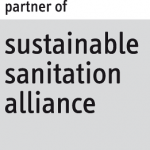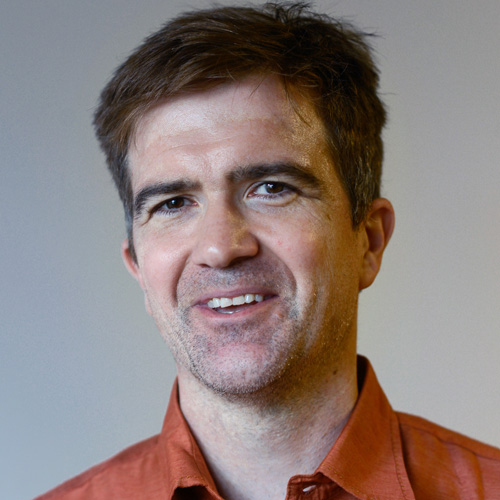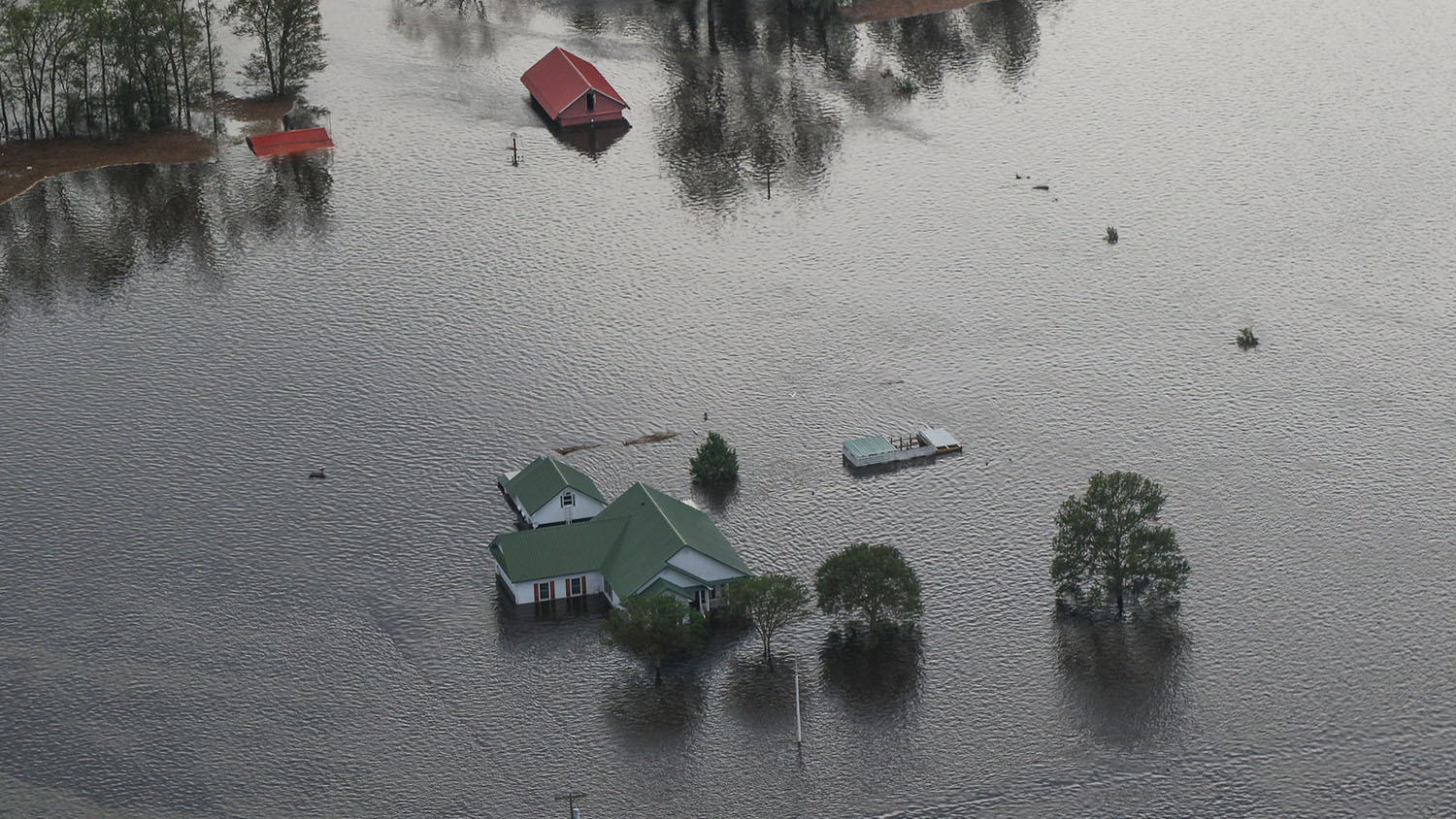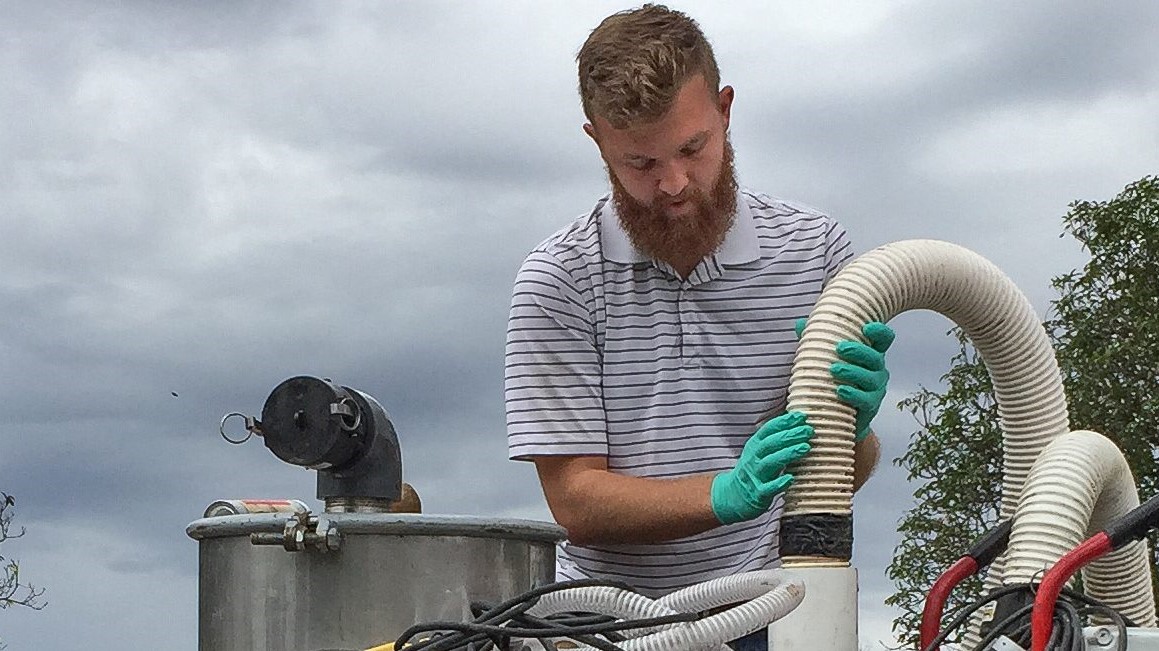
Global Water, Sanitation and Hygiene
The NC State WaSH cluster catalyzes and conducts transformational research and education to serve the water, sanitation, and hygiene needs of marginalized communities.
About
Cluster Type
Cluster Coordinator
Cluster Colleges
Social Media
To address water and sanitation issues, new technologies need to be context-sensitive and practical, yet take advantage of developments in energy, environmental processes, materials science, data technologies, design and ecology. Second, advances in public health and environmental research are required in an interconnected world with increasing population and environmental pressures. Third, an enabling environment that includes local and national regulatory frameworks requires new, evidence-based approaches to policy-making. Fourth, scalable solutions require novel business models that are entrepreneurial, socially sensitive, and profitable while protecting the environment and public health. Finally, behavioral change requires research on education and culture. NC State hired a diverse group of scholars in the areas of:
- Science and technology of processes for water and sanitation,
- Environmental and public health protection (contaminant fate and transport, risk assessment); and
- WaSH public policy and entrepreneurship.
Impact
The Global WaSH cluster brings critical research and teaching in water and sanitation issues. Our research and teaching will be anchored on community-based projects located domestically and abroad. Scholarship from the cluster reflects the complexities of resource constraints, human aspirations, and culture in developing countries.
Global WaSH is an area that directly impacts the public health, quality of life, economics, and human rights of people in under-resourced regions.
- WHO/UNICEF (2014) Progress on drinking-water and sanitation – 2014 update. World Health Organization. Geneva.
- WHO (2014) Preventing diarrhoea through better water, sanitation and hygiene. World Health Organization, Geneva.
- Liu, L et al., WHO; Unicef, Global, regional, and national causes of child mortality: An updated systematic analysis for 2010 with time trends since 2000. Lancet 2012, 379 (9832), 2151−2161.

History
In 2015 the United Nations set as one of the Millennium Development Goal targets to halve, by 2015, the proportion of people without sustainable access to safe drinking water and basic sanitation, with 1990 as the base year. The latest (2020) United Nations data show that a staggering 2 billion people across the globe do not have adequate access to safely-managed drinking water, and 3.6 billion lack access to safely-managed sanitation.
The failure to meet the water and sanitation needs of billions, despite the efforts of governments, non-government organizations, and donor agencies, shows the complexity of the WaSH problem. The challenge is not simply scientific and technical: the interwoven impacts of culture, economics and human behavior on science and policy have made water and sanitation among the most complex problems of our society Solutions to this issue require the focus of an interdisciplinary research team.




